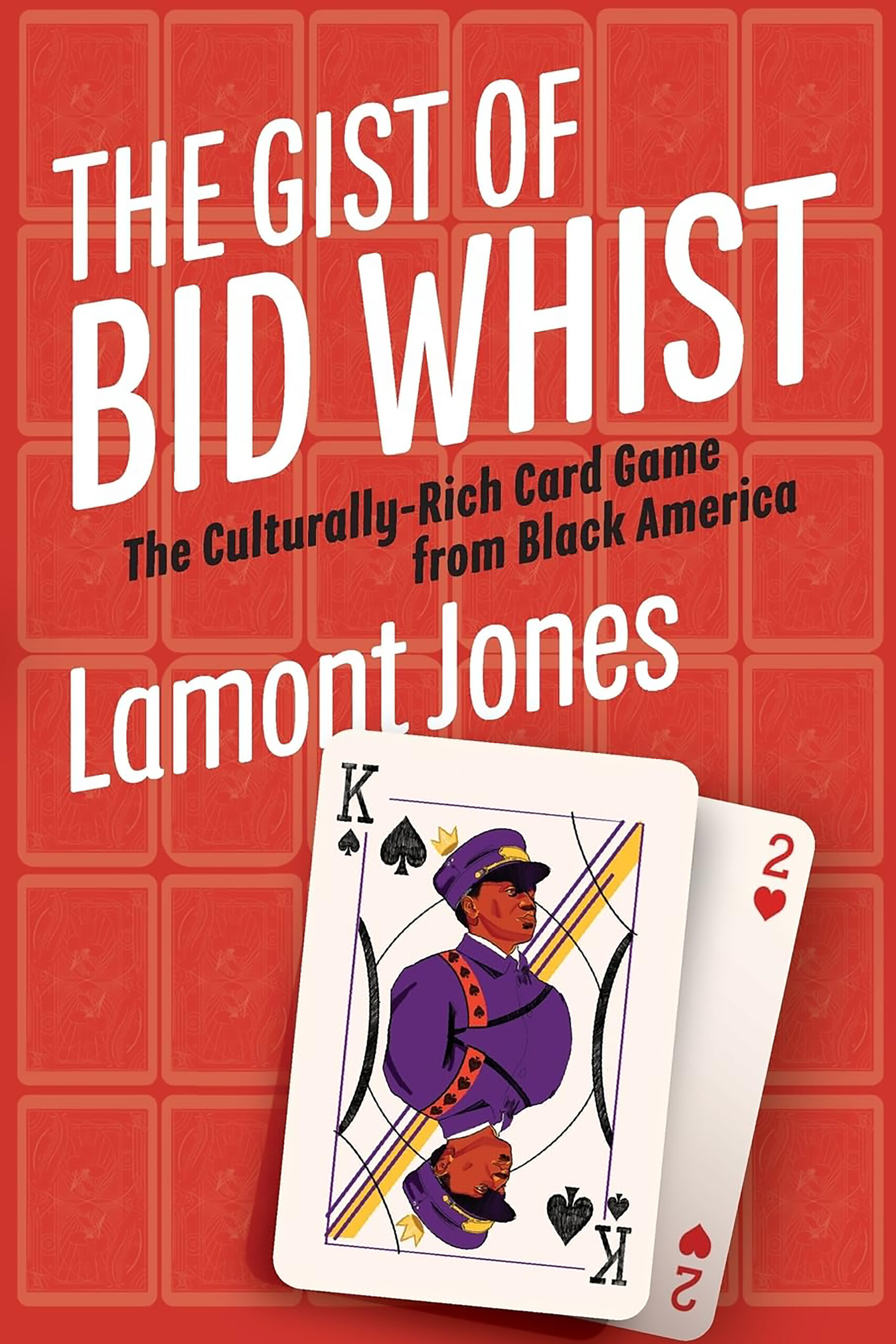Podcast: Play in new window | Download
Boxing lawyer Lamont Jones wrote The Gist of Bid Whist because he believes card games connect people and that the rich story of Bid Whist deserves to be widely known. He shares the game’s fascinating history with Carlos and Andrew, beginning with the 19th century Pullman Porters. He also explains the strategy and makes his case for why poker lovers might enjoy Bid Whist.
Also available from Amazon.
Support the podcast, get daily strategy discussions, *and* be eligible to win a one-month subscription to GTO Wizard by subscribing to Thinking Poker Daily.
Timestamps
0:30 – Hello
3:30 – Strategy
13:22 – Lamont Jones

LAMONT JONES
A boxing business attorney and executive, Lamont Jones maintains that the deals most meaningful to him are not those he’s negotiated or litigated on behalf of boxing managers, promoters, or champions. Instead, the contracts that most make his heart sing are those he enters and defends against at the card table, playing Bid Whist.


Great episode. Thanks, Lamont.
You hit the nail on the head about bridge. Long learning curve. Complicated bidding. I am playing a tournament, and my partner and I have 42 pages of notes.
It’s worth it once you get over the hump, but that barrier has definitely cost us new players.
Good luck with Bid Whist
Thanks Lamont, and to Andrew and Carlos for an entertaining podcast!
The question of which games are ‘best’ to play is something I’ve given some thought to. A year or two back I wrote a blog offering an aesthetic comparison between poker, bridge and chess:
https://mikefowlds.medium.com/chess-poker-and-bridge-an-aesthetic-comparison-2fa6f73399dd
Obviously the question depends on your criteria. Out of chess, poker and bridge, chess involves the least luck, but that’s a bad thing if you’re bringing together a group of people of varying skills looking for a night of entertainment!
Bridge is arguably a richer game than bid Whist – the multiple rounds of bidding and the fact that you get to see your own hand plus the ‘dummy’, has made bridge the game of choice for international competition. But that’s also its downfall – it’s too damn complicated. Meanwhile, Bid Whist has more than enough complexity even for seasoned players.
Just a small clarification on bridge signalling: if my partner makes a bid that the opponents don’t understand, they will ask me ‘what do you understand by your partner’s bid?’, not the person making the bid. So in some leagues you are even allowed to make a ‘psychic bid’ that grossly misrepresents your hand, provided it misrepresents it for your partner too, for the sake of general chaos I guess ..(though this is disallowed by the American contracts bridge league).
In very high level bridge there will be screens between the players, fixed timing between bids, and bids exchanged in writing instead of verbally. This avoids any cheating by signalling, but the fun factor obviously goes down correspondingly.
Your podcasts are sometimes on the long side, Andrew and Carlos, but love the variety and naturally the poker strategy sections! Keep up the good work. Wishing you every success in promoting the game of bid Whist, Lamont.
Mike